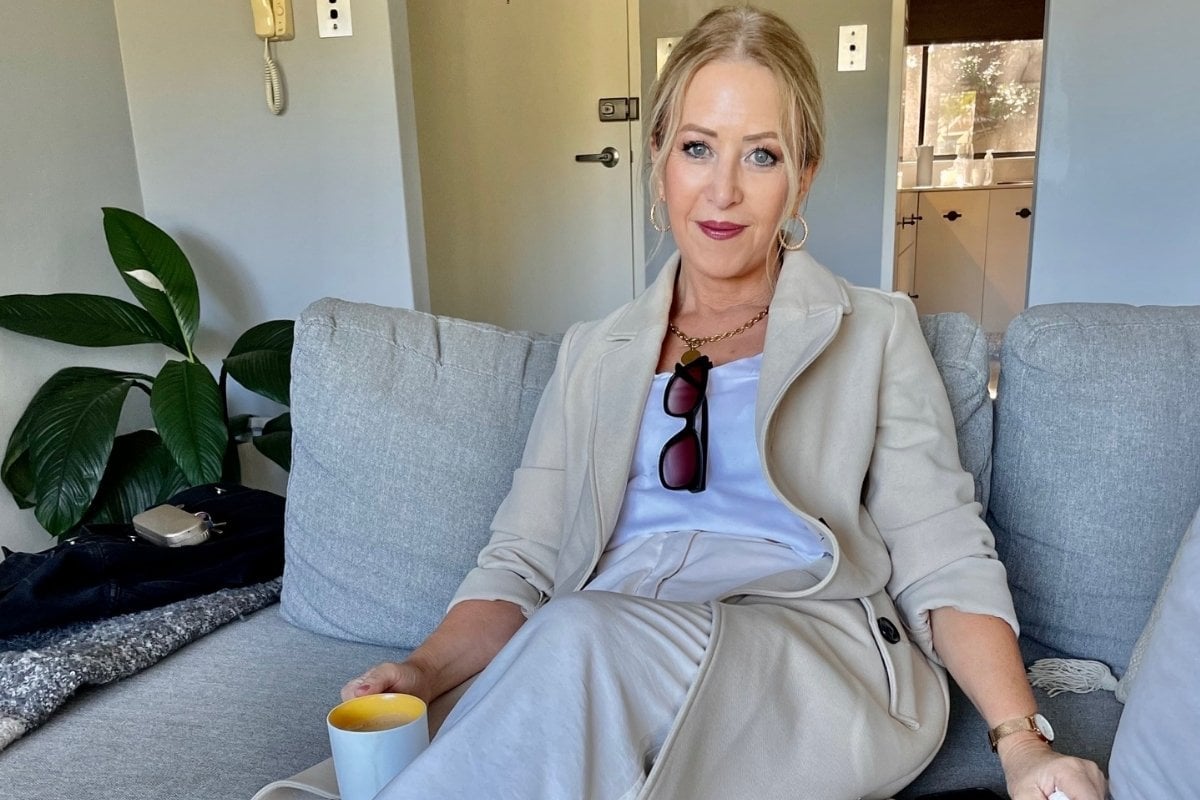
At Mamamia, we have a year-round commitment to highlighting the epidemic of domestic violence in Australia. During May, Domestic Violence Prevention Month, we will not only raise awareness of the personal impact of violence, but do our best to ensure victims have access to help, and encourage those who abuse to take responsibility and seek help for their behaviour.
Warning: The following deals with domestic abuse and suicidal ideation and might be triggering for some readers.
In recent years, the stories of Australia's domestic violence survivors and victims have rightly been platformed like never before. Thanks to their bravery, we've been given a glimpse into the reality of life under the thumb of an abusive partner, to understand the mechanisms that keep them trapped.
But in order to find solutions to this scourge, we need to look closely at the people responsible, too. That includes asking perhaps the most important question about domestic violence: why do perpetrators control and abuse the people they love?
Here, we've asked just that of a former perpetrator. This is the story of his descent into domestic abuse and, critically, his path out.
Robert Sanasi feels like there are two versions of himself.
One is the man you'd meet today. The good-humoured marketing executive, father, and adoring husband, the man who feels like he's "won the jackpot" when his wife, Deborah, walks in the door each evening after work.
The other is the Robert of the first half of their marriage. The one who abused her.


Top Comments